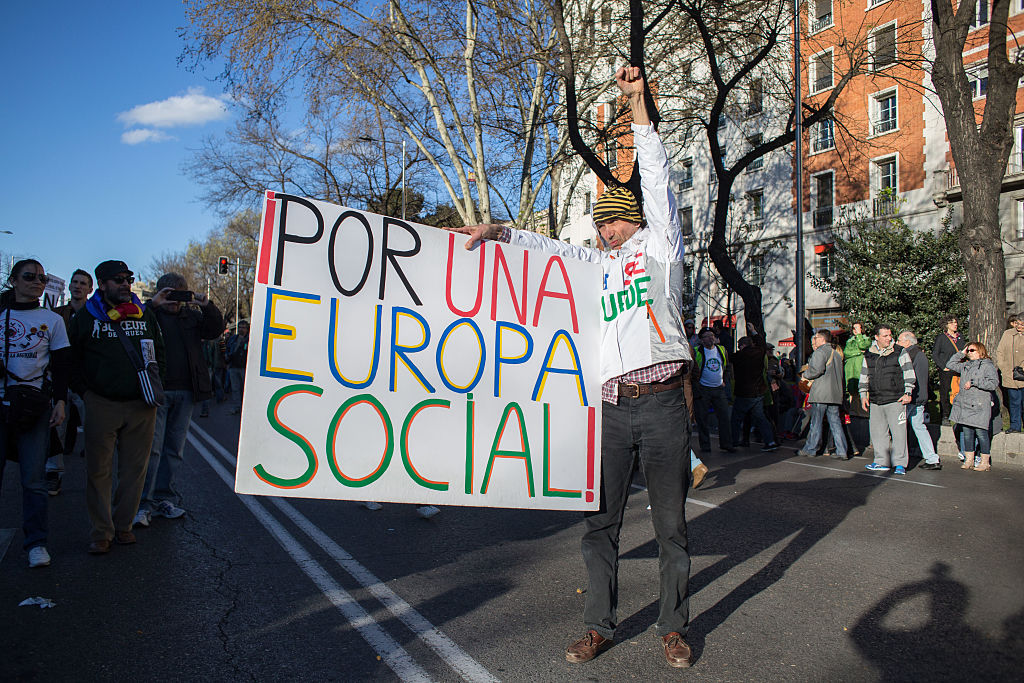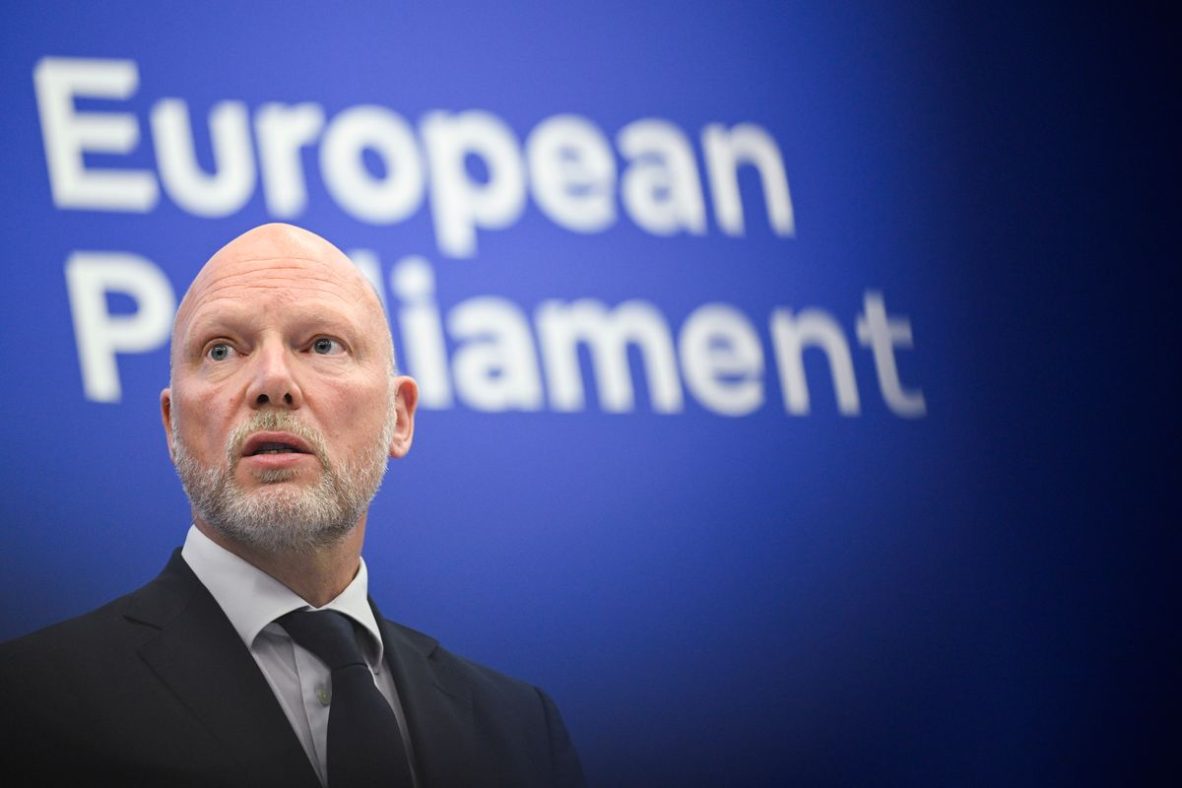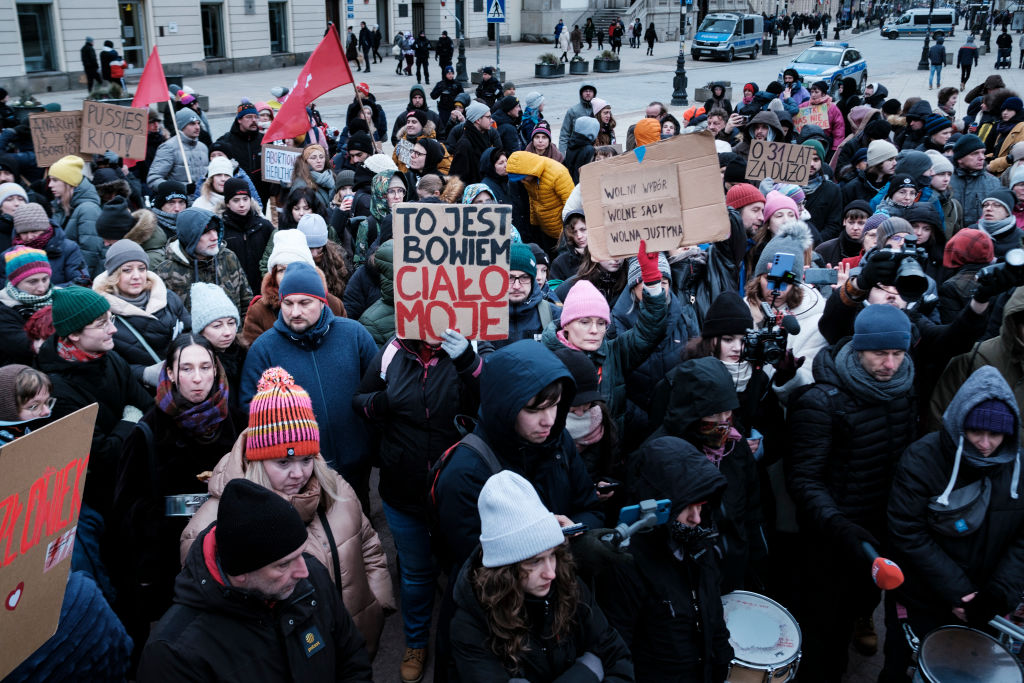The Brief – Show us the money, Manfred!
Weber's pay is almost 100% taxpayer-funded. Taking advantage of a loophole to claim two salaries is obscene; refusing full transparency suggests something more insidious is at play

Political reporting can often feel like analogue photography – it’s all about the light. Shining too much on a subject ends up over-exposing the photograph; if the aperture is too small, the object is lost in the shadows.
No one in EU politics is better at playing with the shadows than Manfred Weber, the bearded Bavarian who sits atop both the European People’s Party and its parliamentary group, a twin role that has made him both influential and rich.
Rich because Weber decided some years ago to break with tradition (and, many would argue, the rules of decorum) and double-dip. In addition to his MEP salary of about €130,000, Weber receives nearly €200,000 per year for his gig as party chairman. On top of that, he can claim a per diem allowance of €350 per day for incidental expenses.
If he does claim the per diem every day of the year (which we don’t know), that would come to an additional almost €130,000. That would bring his grand total to just shy of €460,000 – more than what Ursula von der Leyen earns.
That said, we don’t really know if that’s all Weber is raking in. According to a document uncovered by my Rapporteur colleagues this week, the EPP approved €350,000 annually for Weber and his deputy, Dolors Montserrat. If Weber receives nearly €200,000, according to official filings, that would suggest that there’s €150,000 left in the EPP’s piggy bank.
It would be a reasonable assumption that most of those funds would be used for Monserrat’s share. Guess again. The Spaniard, after weeks of dodging Rapporteur’s questions on the issue, quietly disclosed yesterday that she only claims a €350 per diem from the party on days when she’s not covered by the Parliament.
So where’s the rest?
If Weber were in the private sector, his income wouldn’t be an issue. But he’s not. His pay is almost 100% taxpayer-funded. That a member of the European Parliament can earn two salaries by taking advantage of a loophole is itself obscene. Weber’s efforts to blur the picture by refusing full transparency suggest something more insidious is at play.
It’s time to come clean, Manfred. Show us the money!
Roundup
Pets count as airline baggage – After a dog that escaped while being carried onto a flight led to a legal battle in which the animal’s owner sought damages. Procedures were taken to the ECJ, which has now ruled that pets are not excluded from the concept of ‘baggage’, and can be compensated as such, in the event of accident.
A future without fur farms – As more MEPs oppose fur farming, producers in the three remaining EU countries still home to this industry have expressed frustration at being excluded from discussions about their future. Around 2,000 people in the EU now work full-time on fur farms, however the sector remains economically unviable and carries major public health, environmental, and animal welfare implications, an EFSA report concluded.
Montenegro’s SEPA leap – The Balkan country’s inclusion in the Single Euro Payments Area is proof that EU enlargement is not abstract from daily life, but can be a tangible benefit on the road to accession, argues Irena Radović, governor of the Central Bank of Montenegro.
Across Europe
French centre-right in crisis – The future of centre-right Les Républicains hangs in the balance, as high-profile defections and talk of a “coalition of goodwill” with the far right stir turmoil. At the same time, six members defied party orders and accepted posts in the Lecornu government.
Greeks land a long shift – A bill allowing for 13-hour work days under exceptional circumstances was passed by the Greek Parliament on Thursday, to the dismay of several unions. Two general strikes against the reform have already taken place. One parliamentary spokesperson for Syriza – who refused to take part in the vote – said the bill was a “legislative monstrosity”.
Ex-US spy sentenced – A Norwegian court found that a former US embassy guard was paid €10,000 from Russia and 0.17 bitcoin from Iranian intelligence. The information supplied in exchange was “of a nature that could be used for direct actions and physical attacks against the concerned individuals.”










